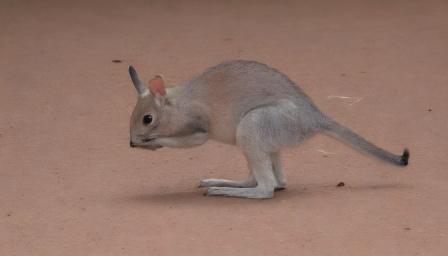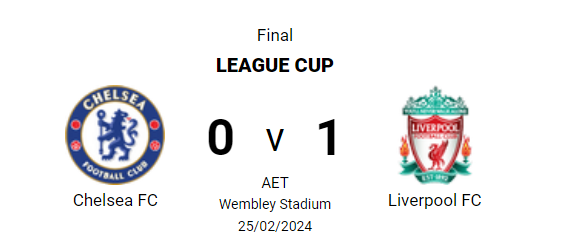A Japanese start-up, Hirotsu Bio Science, has come under scrutiny as questions arise about the accuracy of its cancer-screening test, N-NOSE. The test, which claims to detect the risk of 15 types of cancer from a urine sample, employs microscopic nematode worms to identify the presence of tumors. However, concerns have been raised by doctors regarding the test's accuracy, with some pointing to troublingly high numbers of false positives and false negatives.
N-NOSE, priced at ¥14,800 (approximately US$100), has been on the Japanese market since 2020. The test relies on a proprietary algorithm that assesses the movement of nematode worms towards a urine sample, purportedly indicating the presence of cancer. The company urges individuals with results indicating a high risk of cancer to seek specialist advice. So far, around 5% of the 500,000 people who underwent the test fell into this high-risk category.
The origin of N-NOSE stems from the president of Hirotsu Bio Science, Takaaki Hirotsu, who was inspired by reports suggesting that nematode worms were attracted to certain tumors. The company claims that C. elegans, a laboratory worm, is attracted to urine samples from people with cancer. Independent research groups in Italy and the United States have verified this attraction in the context of breast and prostate cancers. However, critics argue that the test's effectiveness is highly dependent on specific conditions and may not be universally applicable.
A 2021 paper from the N-NOSE research team reported a sensitivity of approximately 87%, meaning that out of 100 people with cancer, 87 would be correctly identified. The specificity was quoted at 90%, indicating that out of 100 people without cancer, 90 would receive a low-risk result. Despite these figures, several doctors have voiced concerns about the test's reliability, citing instances of high-risk results not corresponding to actual cancer diagnoses.
In response to the controversy, two Japanese medical societies have initiated an investigation. Doctors have questioned the validity of the test's results, with some presenting cases where high-risk results did not align with the presence of cancer. The medical societies have launched a survey into the product, seeking information from member clinics about patients who underwent PET scans due to N-NOSE results and the subsequent PET screening outcomes.
Hirotsu Bio Science, however, has dismissed these concerns, stating that PET screening is not suitable for the early detection of cancer intended by N-NOSE. The controversy raises questions not only about the specific test but also about the broader implications of using unconventional methods, such as nematode worms, for cancer screening. The ongoing investigation will shed light on the test's accuracy and potential limitations.
As the controversy unfolds, the company remains ambitious, with plans for international expansion. A memorandum of understanding has been signed with the Global Health Equity Fund and Israeli venture-capital firm OurCrowd, indicating broader aspirations for N-NOSE beyond the Japanese market. The company's push into China and plans for a U.S. launch in the coming year suggest a global reach, but the recent criticisms may prompt further scrutiny and evaluation before widespread adoption.







